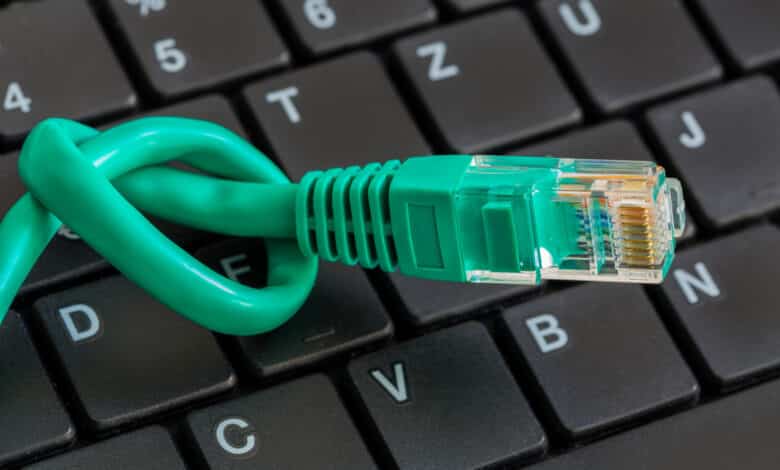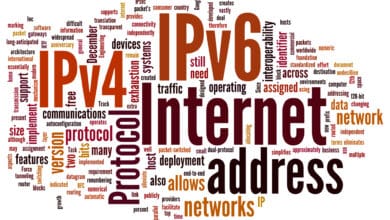
The German Commercial Internet Exchange (DE-CIX) wants to work more efficiently in the future. To achieve this goal, they want to switch the active Internet nodes to Ethernet Virtual Private Networks. This should reduce the processor load and provide more efficiency.
- Have you read this? Shetland Islands cut off from Internet
“Largest network conversion in company history”
With the “Peering LAN 2.0” project, DE-CIX says it wants to initiate nothing less than the “largest network conversion in the company’s history.” The conversion of the Internet nodes to Ethernet Virtual Private Networks (EVPN) is expected to have several advantages. For example, greater efficiency should significantly improve stability. But on top of that, security aspects should not be ignored. After all, EVPN is supposed to provide more security in the network. The CTO of DE-CIX, Dr. Thomas King, emphasizes in this regard that the processor load will probably be reduced by a quarter.
This is made possible by the basic structure of EVPN. Here, no more massive requests are forwarded at the same time to thousands and thousands of routers of customers who are connected to a certain data center. Instead, the desired pairings are to be determined in a different way. Of great relevance here are the Address Resolution Protocol (ARP) and the Neighbor Discovery Protocol (NDP). Both sides could also be seen as a kind of sender and receiver. After all, they ensure that the matching IP and Mac addresses find each other.
- This might interest you: Satellite Internet: EU plans own Starlink alternative
DE-CIX focuses on more efficiency
If you want to get more performance out of a system, you can achieve this in two ways. On the one hand, you can provide more hardware power. However, this is energy-intensive and often not effective. A change that ensures more energy efficiency makes more sense. This is what the switch to EVPN is supposed to do. No longer will countless requests be intercepted by each individual router. Instead, only a filtered selection of requests arrives at the customer. Before the flood of requests is forwarded, it first arrives at the DE-CIX router. This should significantly reduce the basic computing load. In addition, filtering with the help of EVPN ensures that there are fewer points of attack. Peering LAN 2.0 with EVPN is already in productive operation.




No replies yet
Neue Antworten laden...
Gehört zum Inventar
Beteilige dich an der Diskussion in der Basic Tutorials Community →